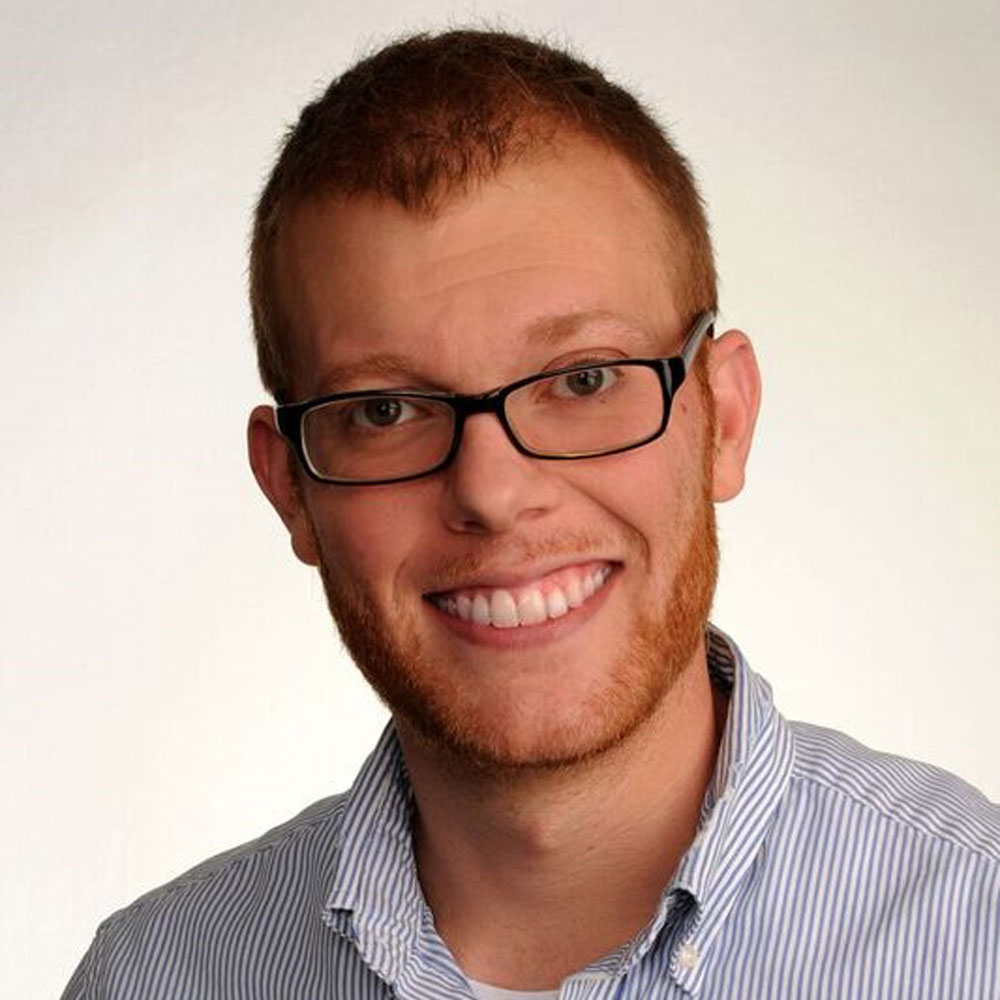Sensorimotor Psychotherapy: Knowledge is only rumor until it gets into the muscle
Written by Chris Ogle, Licensed Independent Social Worker
March 2025 marks my fifth year working at the Center. I am grateful to be part of this wonderful organization and our dedication to provide high-quality services to people from all walks of life. Reflecting on my time here, what I believe makes the Center unique is our culture of life-long learning and I can speak to this directly. In 2022, the Center graciously helped me cover the costs of attending the six-month Sensorimotor Psychotherapy training program for psychological trauma. Since then, I was a training assistant for another training cohort to help teach other mental health professionals learn this wonderful therapy style.
Sensorimotor Psychotherapy (SP) is a holistic, body-centered therapy for trauma and can help with anxiety, depression, sleep difficulties, relationship problems, anger, difficulty experiencing pleasure, and other problems. SP is informed by research in physiology, modern neuroscience, psychology, sociology, and the mind-body connection.
SP was developed by Pat Ogden, Ph.D., throughout the 1970’s while she provided therapeutic yoga and therapy services to women in a hospital setting. During that time, she observed women participating in yoga to improve and feel better as they connected more with their bodies, while other women participating in traditional therapy seemed to make little progress and sometimes get worse. Pat Ogden became interested in the correlation between her clients’ disconnection from their bodies, their physical patterns and their psychological issues. In 1981, Pat Ogden formally founded the Sensorimotor Psychotherapy Institute.
Unlike traditional therapy methods that take a “Top-Down” approach or emphasize talking to change thoughts and behaviors, SP takes a “Bottom-Up” approach to help clients discover and change the habitual physical and psychological patterns that interfere with well-being. By working with body and mind simultaneously, SP helps access the inherent wisdom of the body that can guide us in our innate ability to heal. Over the past decade, greater attention has been given to the role of the body in psychological wellness by many leading experts, advancements in technology, and literature like the world-renowned book, “The Body Keeps the Score” by Bessel van der Kolk, MD.
Clients sometimes ask me, “What does my body have to do with my mental health?” Consider common phrases like, “scared stiff”, “it’s a pain in the neck”, “butterflies in the stomach”, “a sinking feeling”, and “the weight of the world is on my shoulders”. These are great examples of why emotions are called “feelings”, we physically feel them, and how our physical experience is fundamentally connected to the psychological meaning and stories we make of our lives.
Essentially, our biography becomes our biology because we have types of memory that do not involve words or conscious thoughts, it is “just like riding a bike”, our bodies do it without us having to think about it. SP recognizes this significance and incorporates specialized techniques to address how our nervous system continues telling us we are in danger long after overwhelming events, even if we logically know those events are in the past.
What I like about SP is how it can bridge the gap when traditional “talk therapy” has not been helpful. SP prioritizes helping clients physically experience safety and wellbeing as a foundation to feel better emotionally and mentally that creates new, meaningful stories. Working this way, clients cultivate greater capacities to grow and experience themselves and the world in more fulfilling ways. Consider these phrases such as. “stand tall”, “bounce back”, “rise above”, and “take life by the horns”. Again, our physical experience fundamentally shapes how we mentally and emotionally experience ourselves and the world around us.
A client once told me she felt incredibly anxious all the time without any reason and telling herself there was no reason to be scared only seemed to make her feel worse. I helped explain to this client how our biography becomes our biology and how her fearfulness was reflecting a story that was not speaking in words or thoughts. Using SP, we began by helping her develop mindful awareness of her body, the ability to notice how she physically experienced that anxiousness without labeling it, and become curious of what her body needed to feel more comfortable. Using specialized techniques, the client learned how to soothe her nervous system, physically experience what she logically knew, and come back to that physical experience regardless of stressors or triggers for anxiousness.
One day this client teared up in session and told me she finally knew, “what safe feels like.” She exclaimed, “I can make myself feel this way!” and how it created a wider range of possibilities for her day-to-day life. I’ll never forget that client’s words. It is my privilege to work at an organization that cares for the whole person who is seeking hope and healing of body, mind and spirit.







